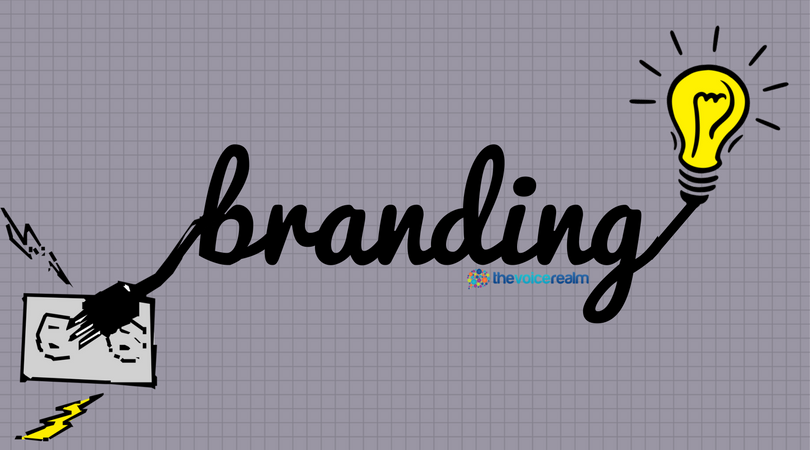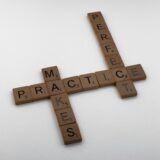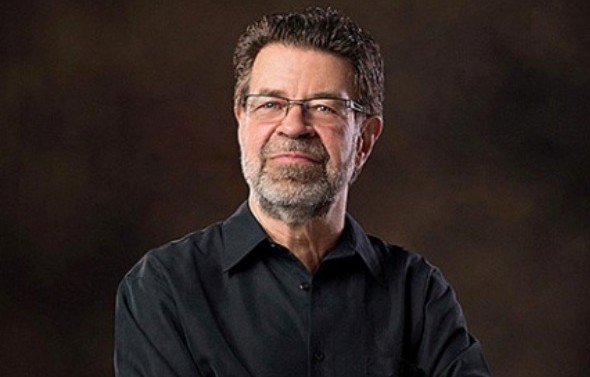What is Your Personal Voice Over Brand?
Is this just another trendy corporate buzz word coined by a zealous motivational speaker to create a wave of followers? Not really, it’s been practiced for decades by the Fortune 500 lot and it was the X – factor that made them successful. X – meaning unknown then until the pundits on strategic management and marketing made further analysis of what made the likes of Nike, Pixar, Lego, Coke and Google sustain their claim in their respective markets. The secret lies on how these corporate giants packaged themselves.
Personal branding according to Wikipedia is the practice of people and organizations to market themselves as brands. The current term whose antecedents were ‘all individual branding’ and ‘self-positioning’ was popularized by Tom Peters in a 1997 article which had him discussing his work. However, the idea of self-packaging was first written and documented in 1937 by Nathaniel Hill in his book Think and Grow Rich.
Personal branding makes use of a positioning strategy to advance one’s career or create a good social media image of one’s organization. A positioning strategy focuses on key areas to concentrate where the organization or personality excels. “A firm’s positioning strategy targets how it will compete in the market. An effective positioning strategy considers the strengths and weaknesses of the organization, the needs of the customers and market and the position of competitors. The purpose of a positioning strategy is that it allows a company to spotlight specific areas where they can outshine and beat their competition.”
Why does your voice over business need personal branding?
Because individuals want to portray themselves a certain way to their social and business circle. Having a personal voice over brand or image have become more imperative to be more relevant and attuned to your clients or customers. Strategically, you would want to be recognizable amongst the thousands of voice over competing in your niche. Voice over artists would need to have a platform, an identifying character or genre to work into your portfolio and for casting directors to easily pick you out.
We are referencing here some points from a Linkedin article, Why should I create a brand strategy when I’m in start-up mode by Lindsay Pedersen, brand strategist for Starbucks, T-Mobile and IMDb among others. Kick-starting one’s brand strategy at start-up gives your organization a defined plan to work forward your service/product/talent. It becomes a platform, think of political platforms politicians campaign for during elections this is almost similar, of your brand’s promises – what you can deliver, offer, what you’re good at (highlight strengths), it’s your sales pitch, it’s your audition, it’s your voice demo which is a concrete sample of your voice over talent. Before you begin identifying your personal brand and brand strategy, you will need to understand a few points, which are:
- Your brand strategy exactly hones in on your target market/niche/customer. Example: Your demo recording contains a voice over for an anime character or an explainer video.
- What solution are you offering for your customers? What is your turn-around time? Example: A client needs you to do the voice over for an entire Whiteboard video which they target to release in a month. This will work as your frame of reference to offer up your services. What will differentiate you from other voice over talents aside from cost – will you be able to do it in lesser time or just in time; and, the quality of your voice.
- What is your brand’s promise? Here, a portfolio of your work will speak volumes for your pitch to the voice over job.
Summing it all up, your brand strategy is your tool to make your personal voice over brand more focused. These personalities are by far are the most effective Personal Brands measured by their following and longevity:
Nike: their Just Do It. slogan and Air Jordan series speaks active lifestyle, performance and resilience.
Pixar: what comes to mind immediately are the words – wizard, imagination and technology-savvy.
Lego: original thinking, creativity and imagination
So, what does your Personal Brand say?















